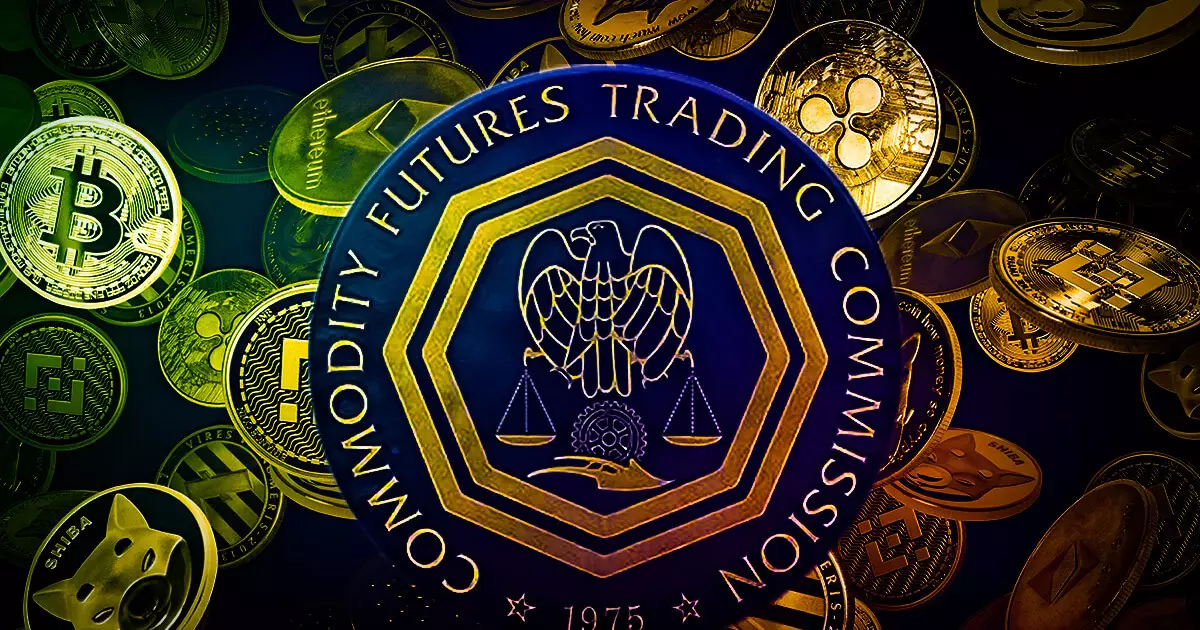In a significant development for the realm of betting and prediction markets, the United States Court of Appeals for the District of Columbia Circuit ruled on October 2 that betting on U.S. elections is indeed legal. This ruling came as a direct response to an appeal from the U.S. Commodity Futures Trading Commission (CFTC), which sought to halt a previous ruling in favor of the prediction market Kalshi. By dismissing the CFTC’s appeal, the court signified a pivotal shift in the regulatory landscape surrounding election-based contracts.
The court’s decision hinged on the CFTC’s failure to demonstrate that the general public would experience irreparable harm from the existence and operation of such prediction markets. This aspect of the ruling emphasizes a judicial commitment to upholding market freedoms, especially in the context of informed speculation and democratic engagement.
The implications of this ruling extend well beyond just Kalshi. As the founder Tarek Mansour proclaimed on social media, Kalshi now has the legal backing to resume offering contracts that pertain to U.S. elections, which can open avenues for both civic engagement and leveraged predictions about political outcomes. The ruling also underscores a legal precedent that may encourage other prediction platforms to enter or expand their operations in this domain, potentially transforming how Americans engage with and perceive elections.
However, the court clarified that while the current ruling stands, the CFTC could still present new evidence that might prompt a reconsideration of their stance. This leaves an avenue open for regulatory officials to act if future situations warrant it.
The ruling has sparked varied reactions from lawmakers, reflecting a deep divide in how election integrity and market speculation are viewed. A coalition of prominent Democrats, including Senators Elizabeth Warren and Chris Van Hollen, previously urged the CFTC to regulate rather than permit prediction markets, asserting elections shouldn’t be tainted by profit motives. Their concerns highlight an anxiety that these platforms could undermine the trust in electoral processes. They argue that enforcing a prohibition against such markets would reaffirm public confidence.
Conversely, Congressman Richie Torres has taken a different stance, advocating for regulation rather than prohibition. This perspective suggests a desire to find a balanced approach that would allow for market activity while maintaining necessary safeguards against potential exploitation.
Kalshi’s legal victory may set a crucial precedent for other prediction markets, including crypto-embedded platforms like BET and Polymarket. Should the CFTC choose to heed the call for regulation rather than outright prohibition, it may foster a more cohesive operating environment for such platforms. This could enhance the landscape of data-driven predictions surrounding elections, offering a potential boost for democratic participation as citizens engage more actively in outcomes that impact their lives.
Though the court’s decision is a significant victory for prediction markets, it also opens up ongoing conversations about the ethics and governance surrounding election betting. As lawmakers continue to debate the implications of this ruling, the future of prediction markets in the U.S. remains uncertain yet full of potential.


Leave a Reply